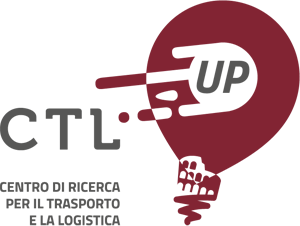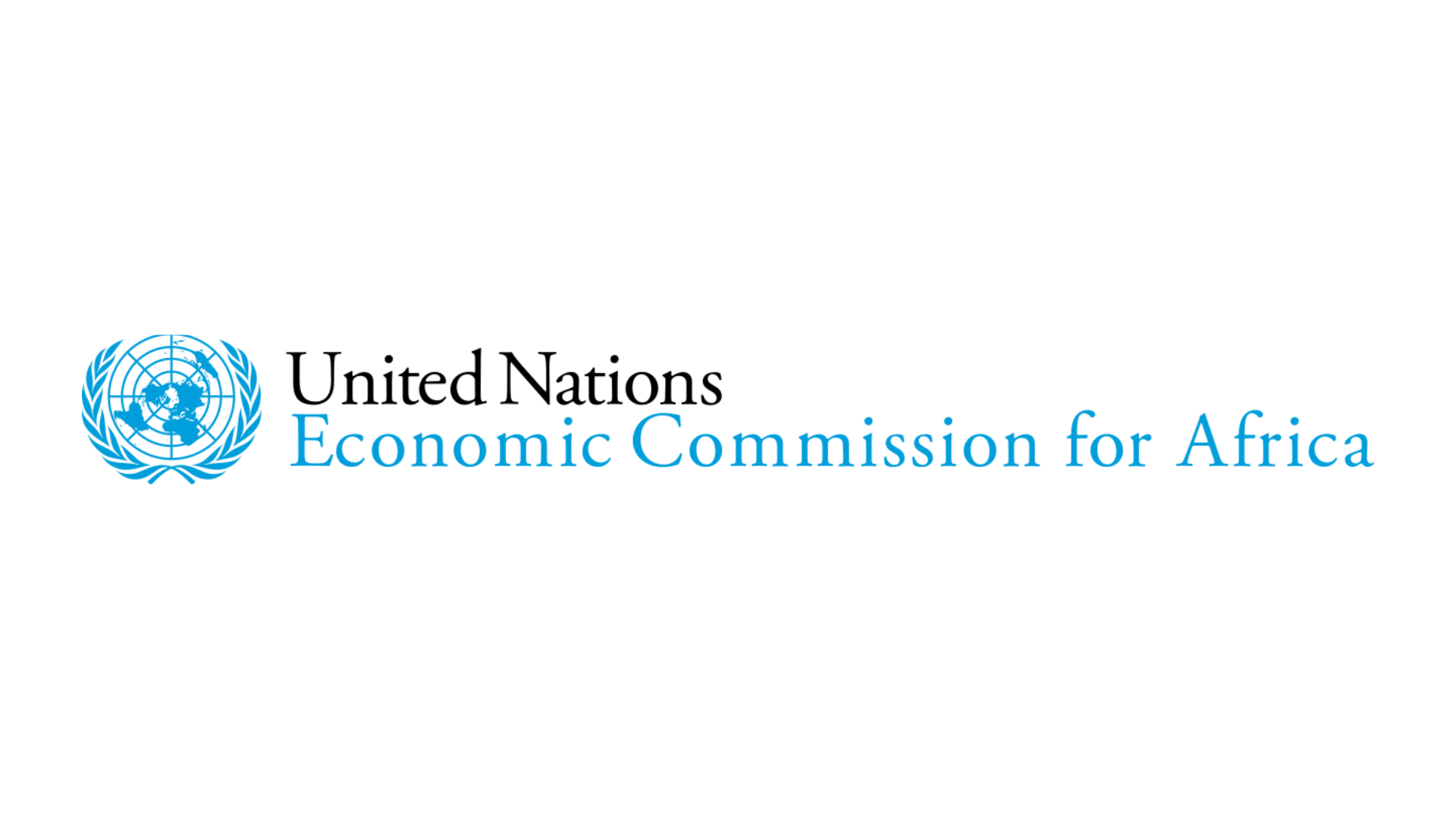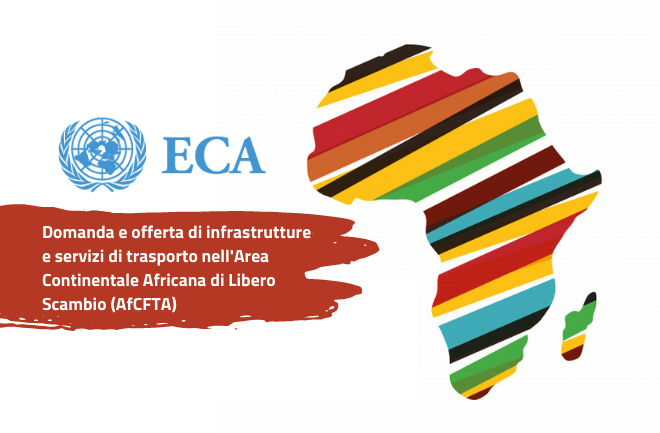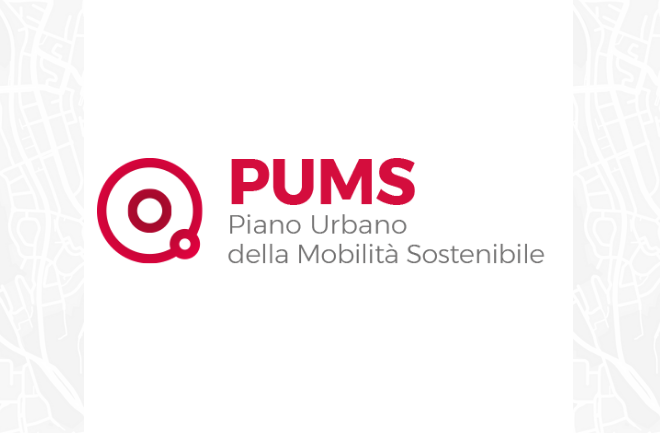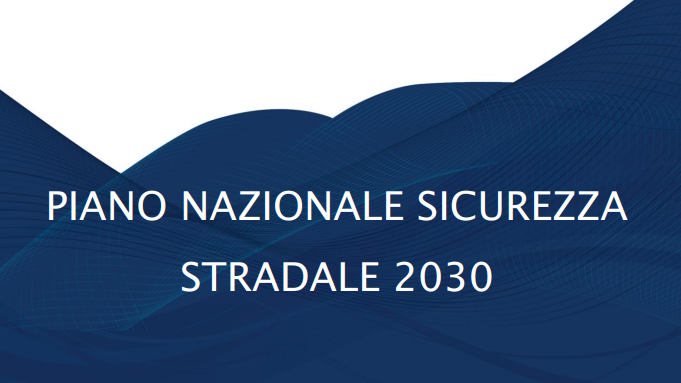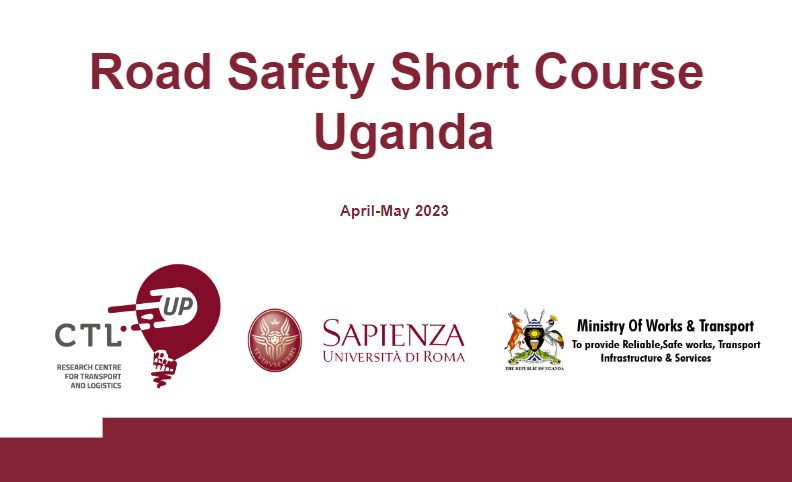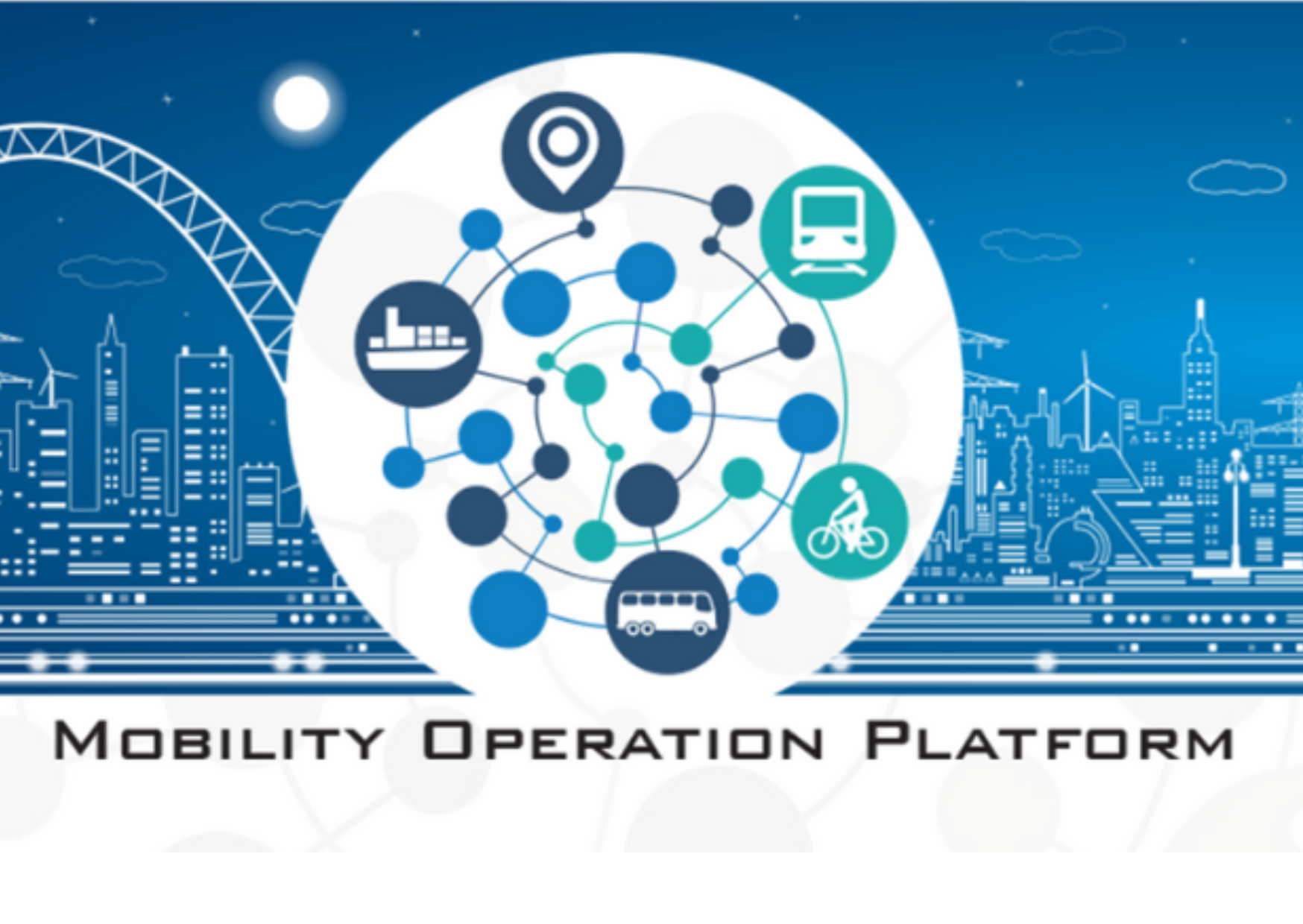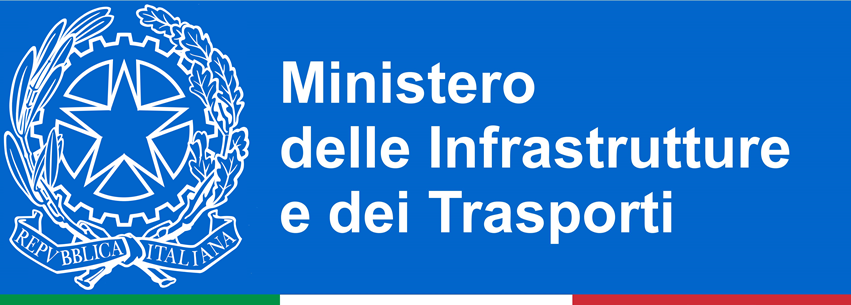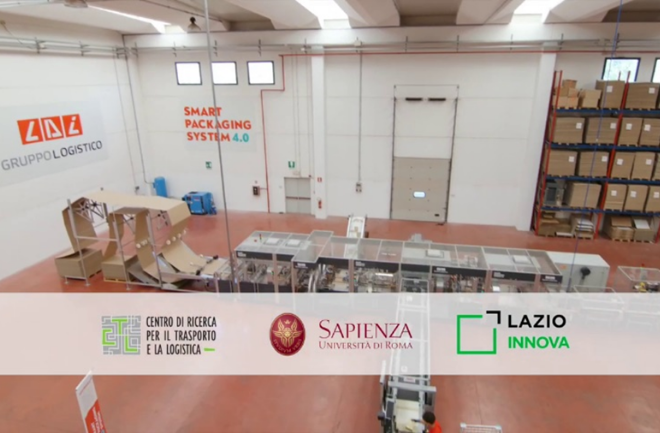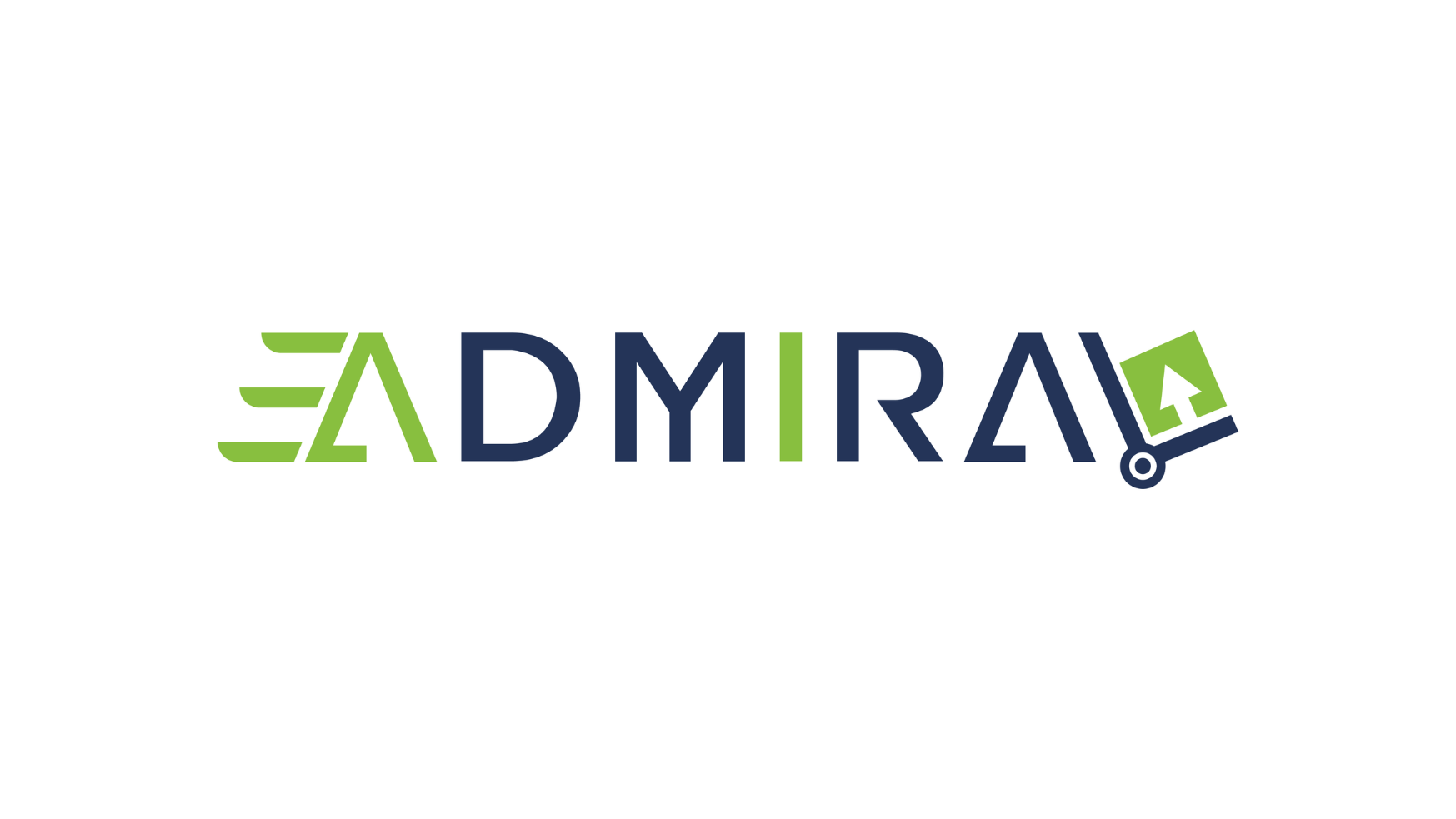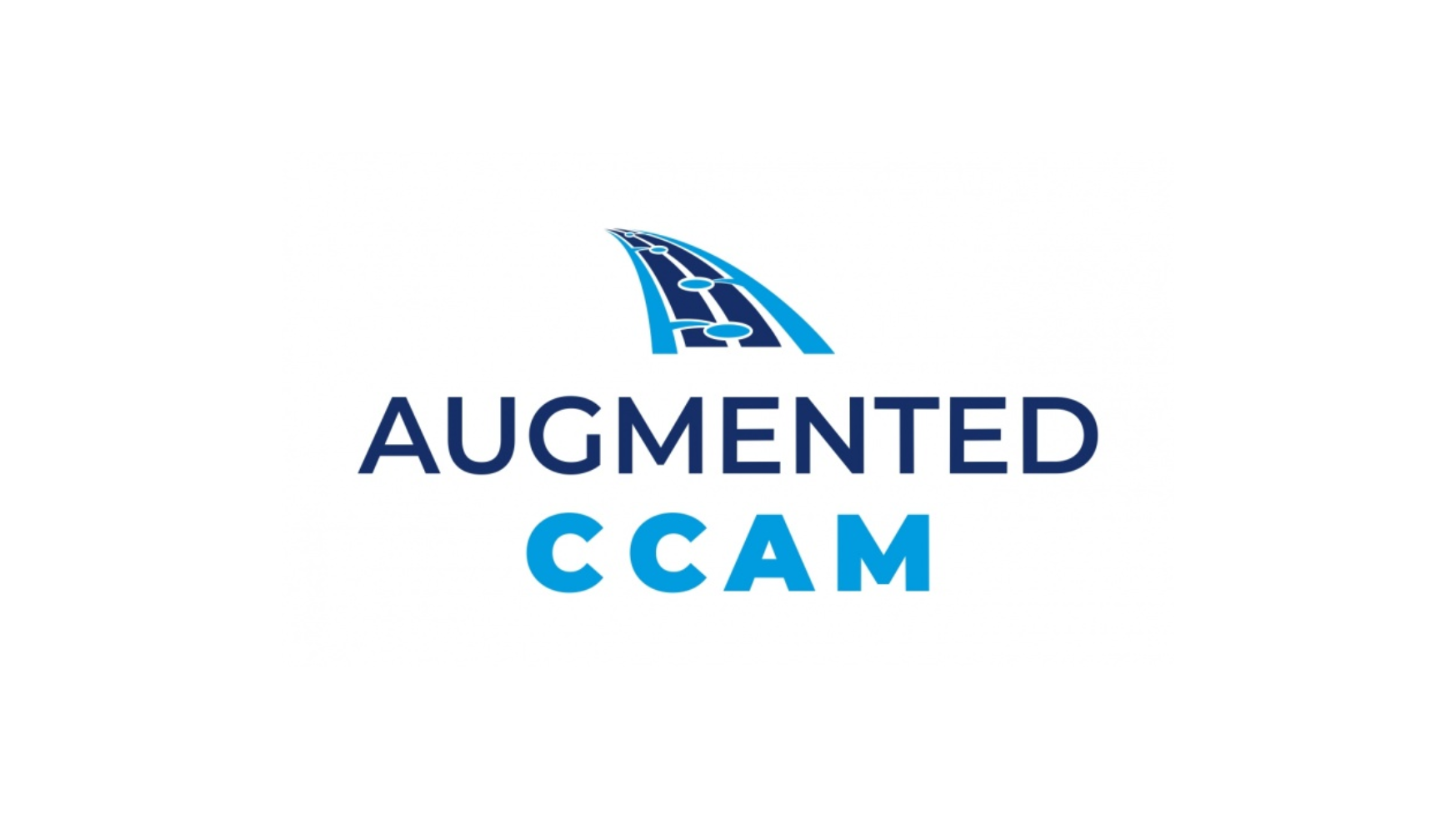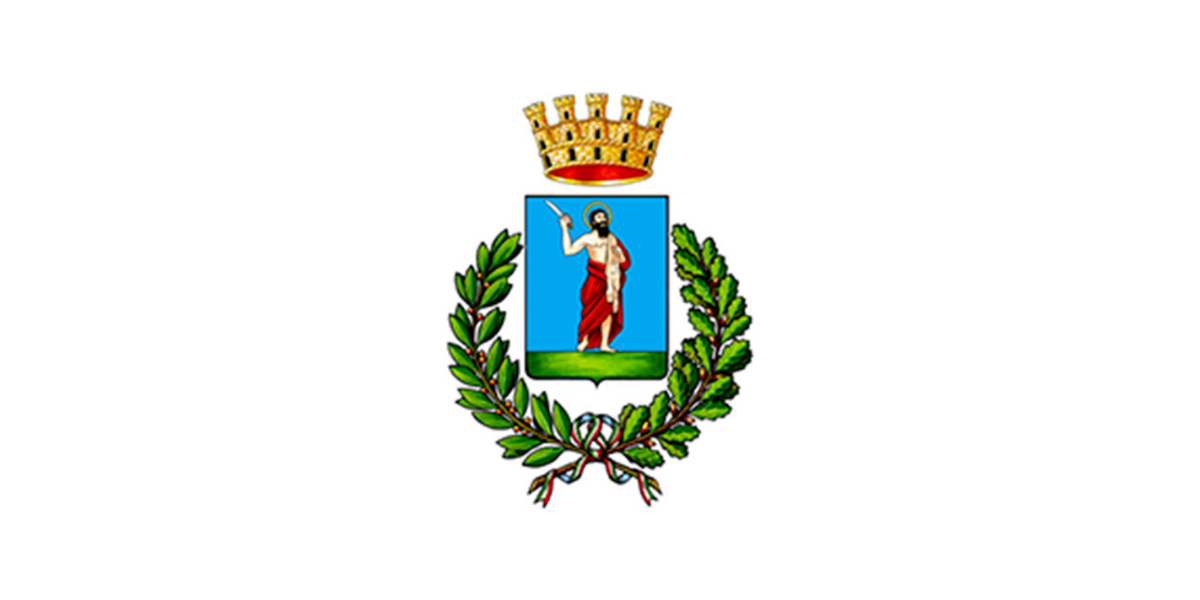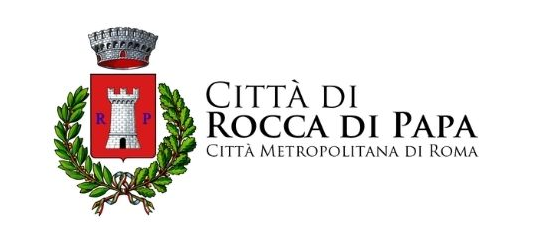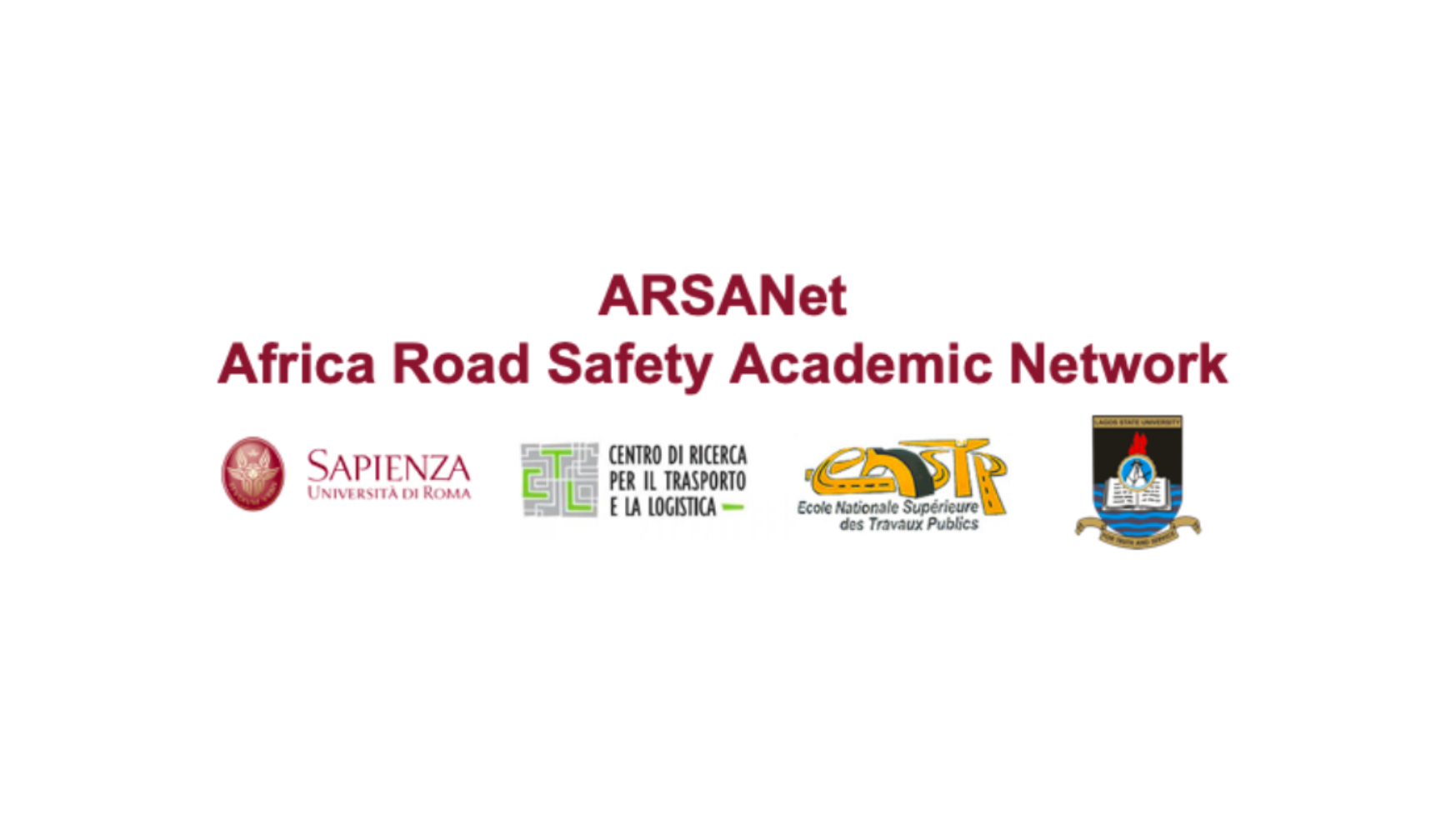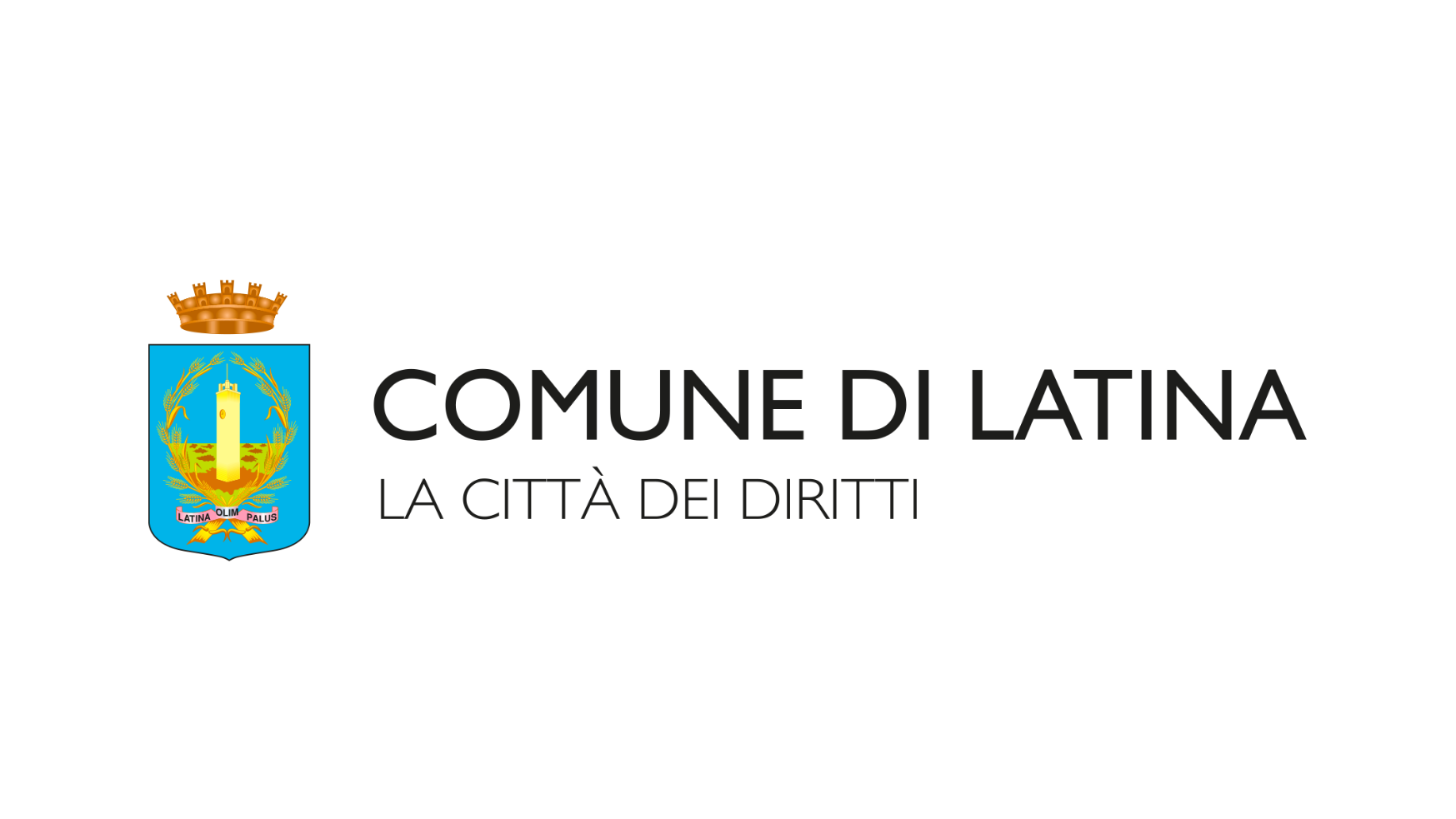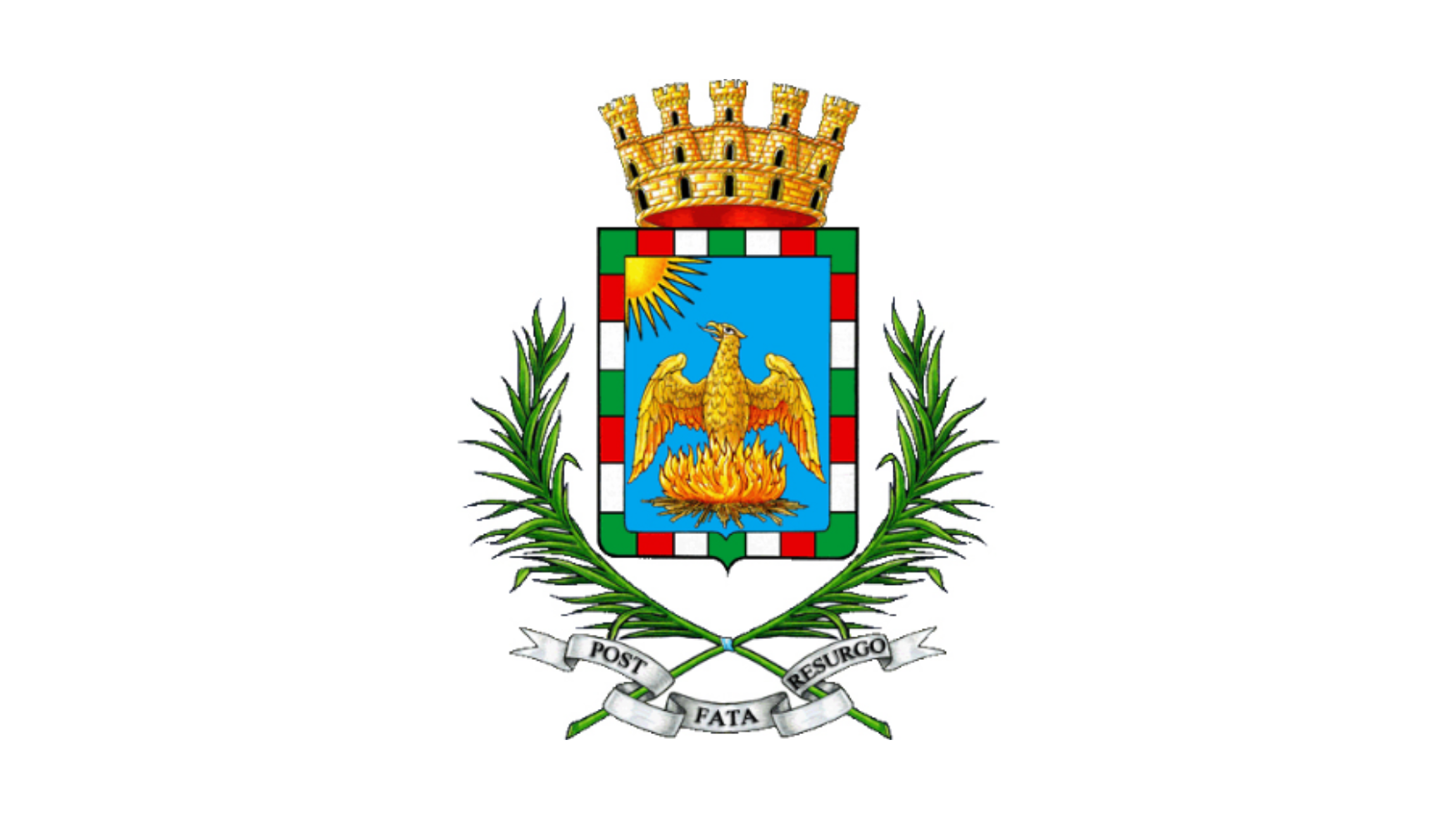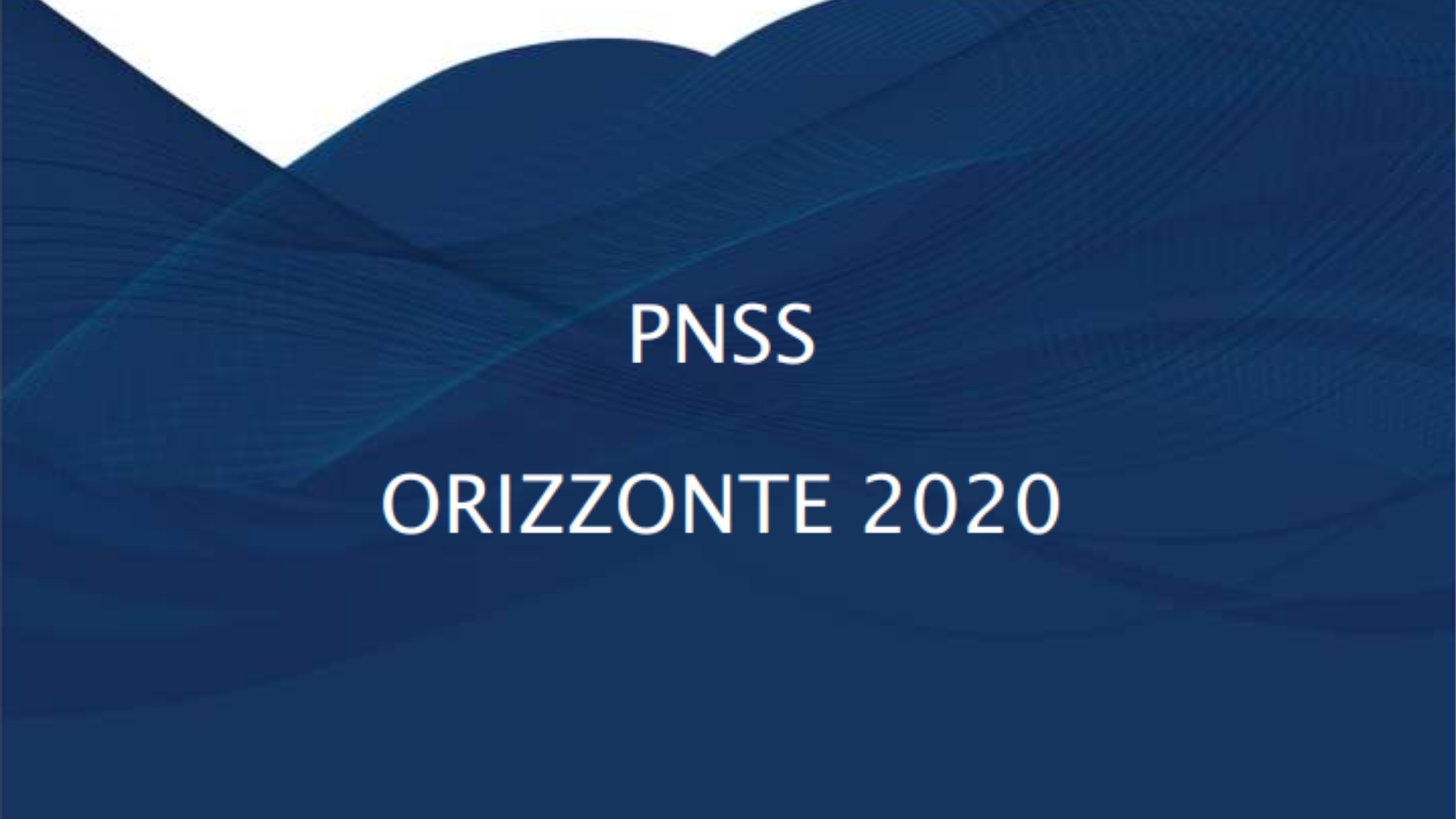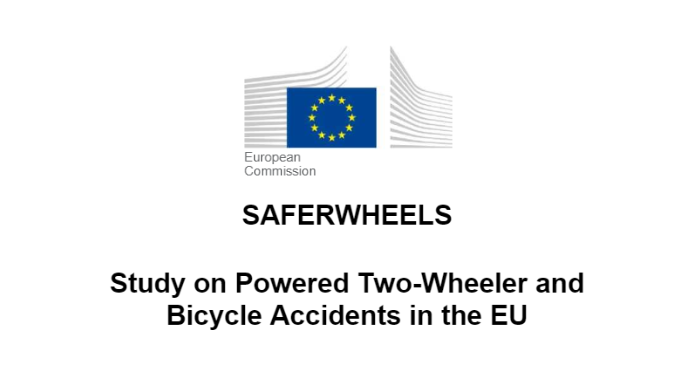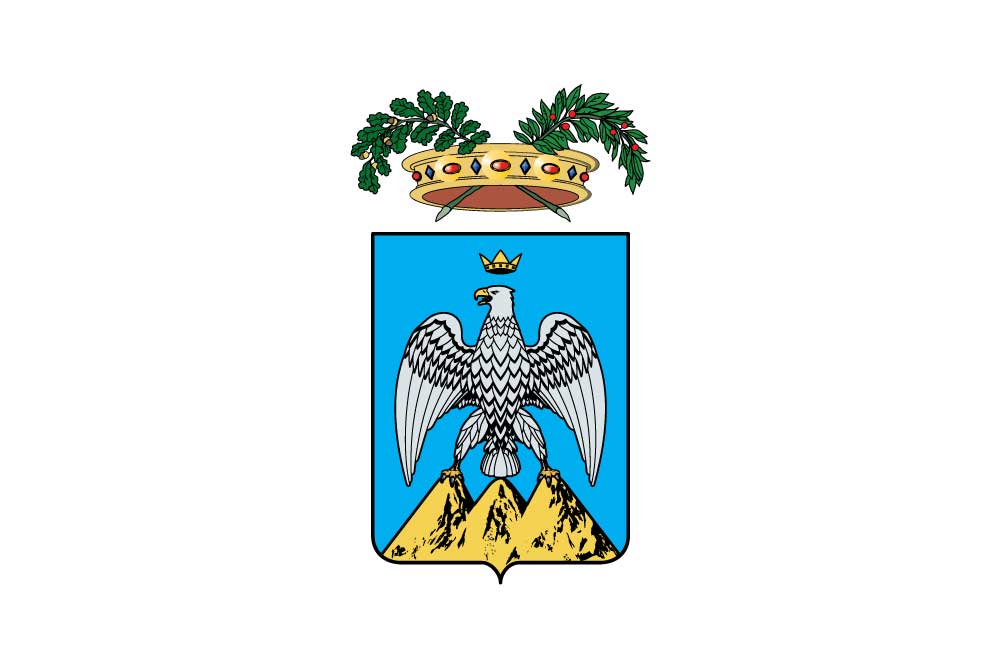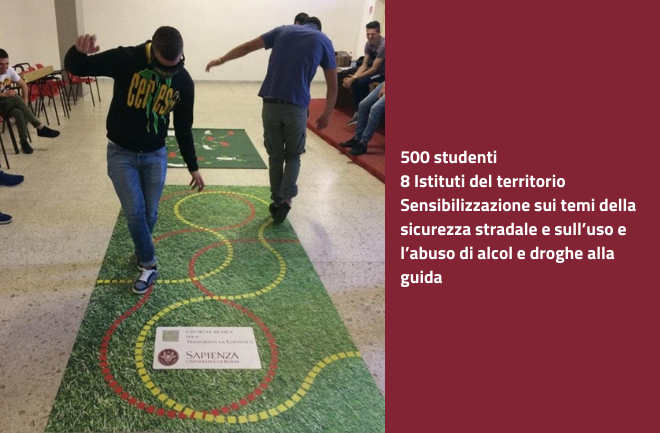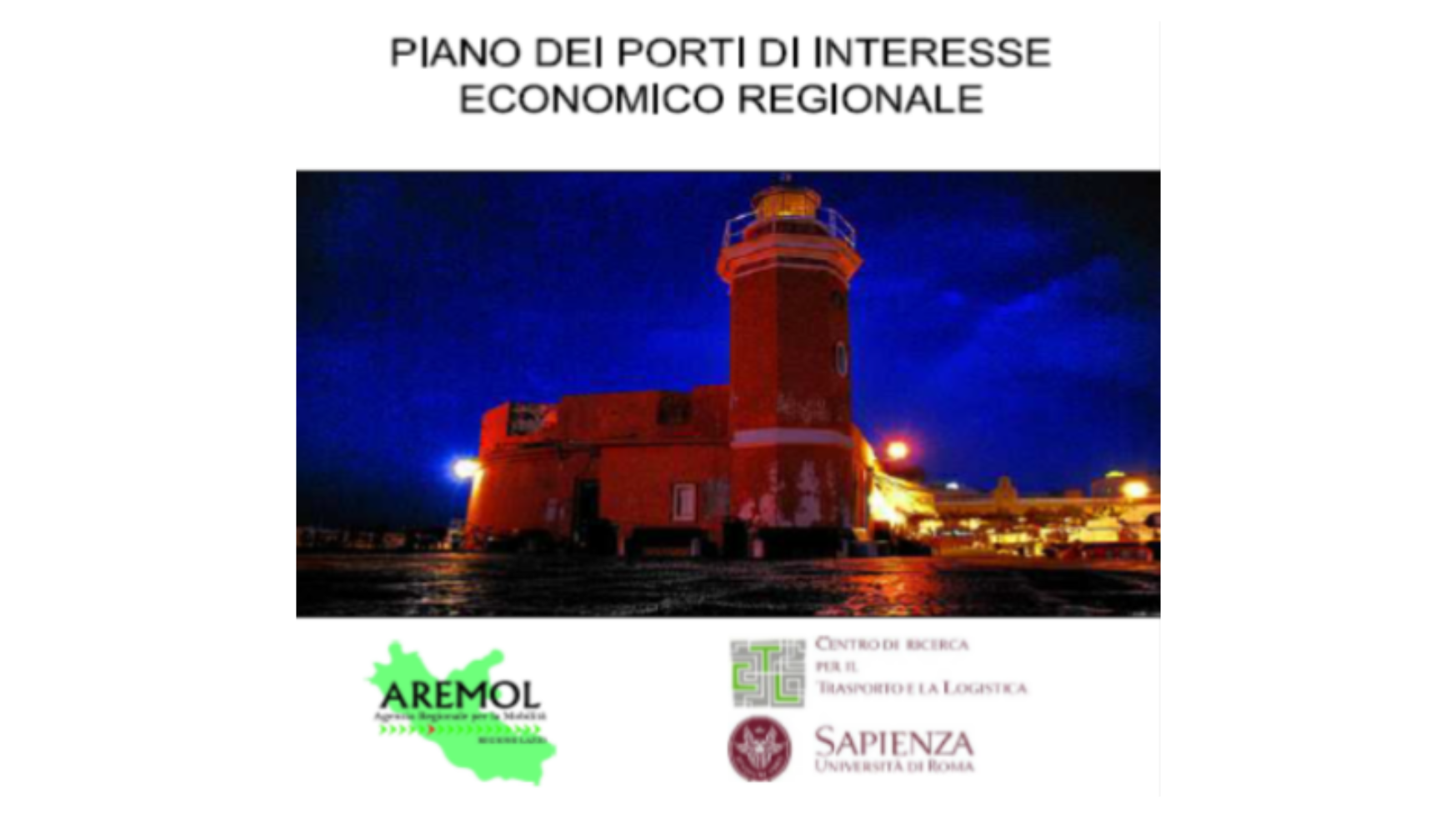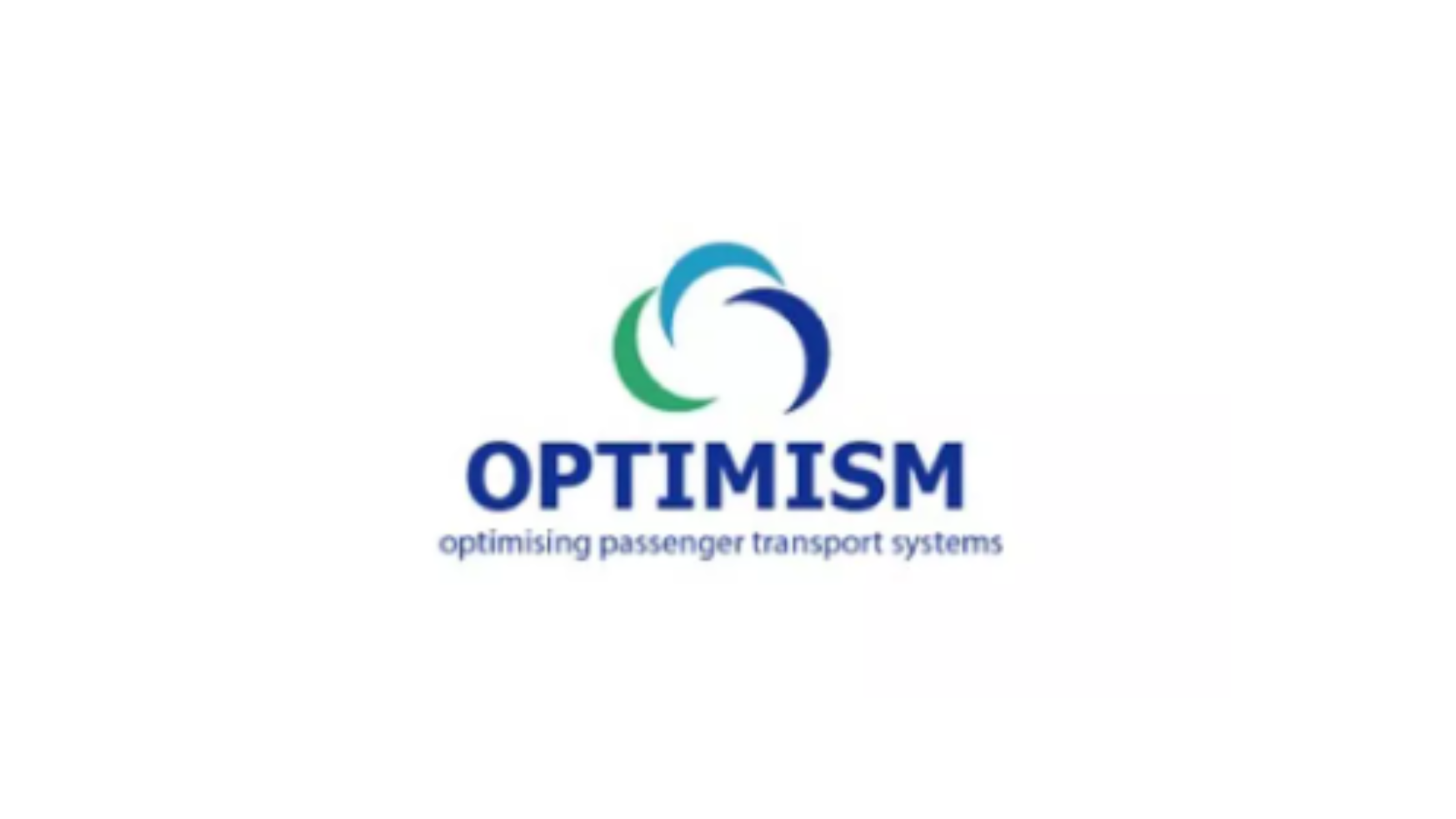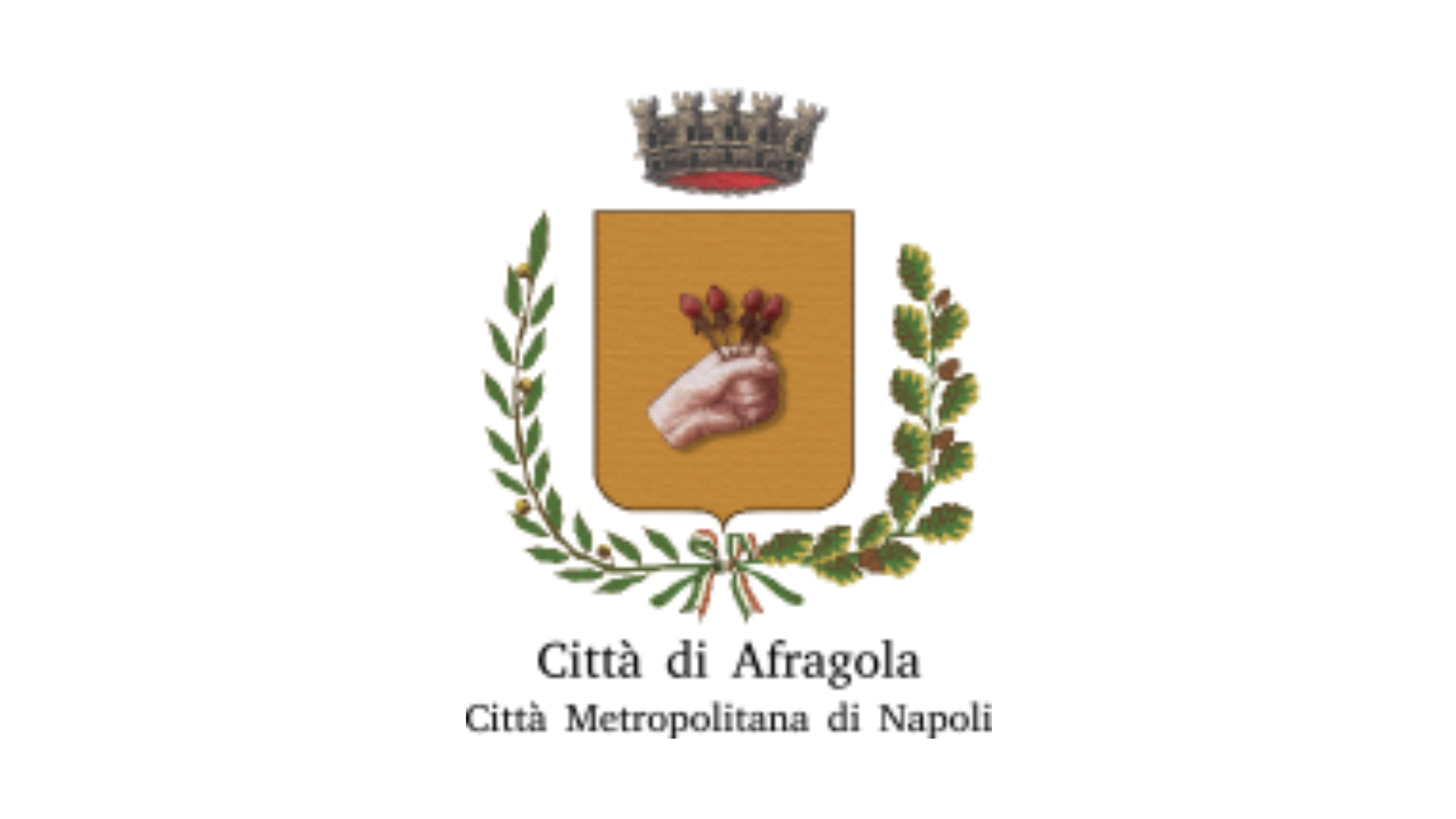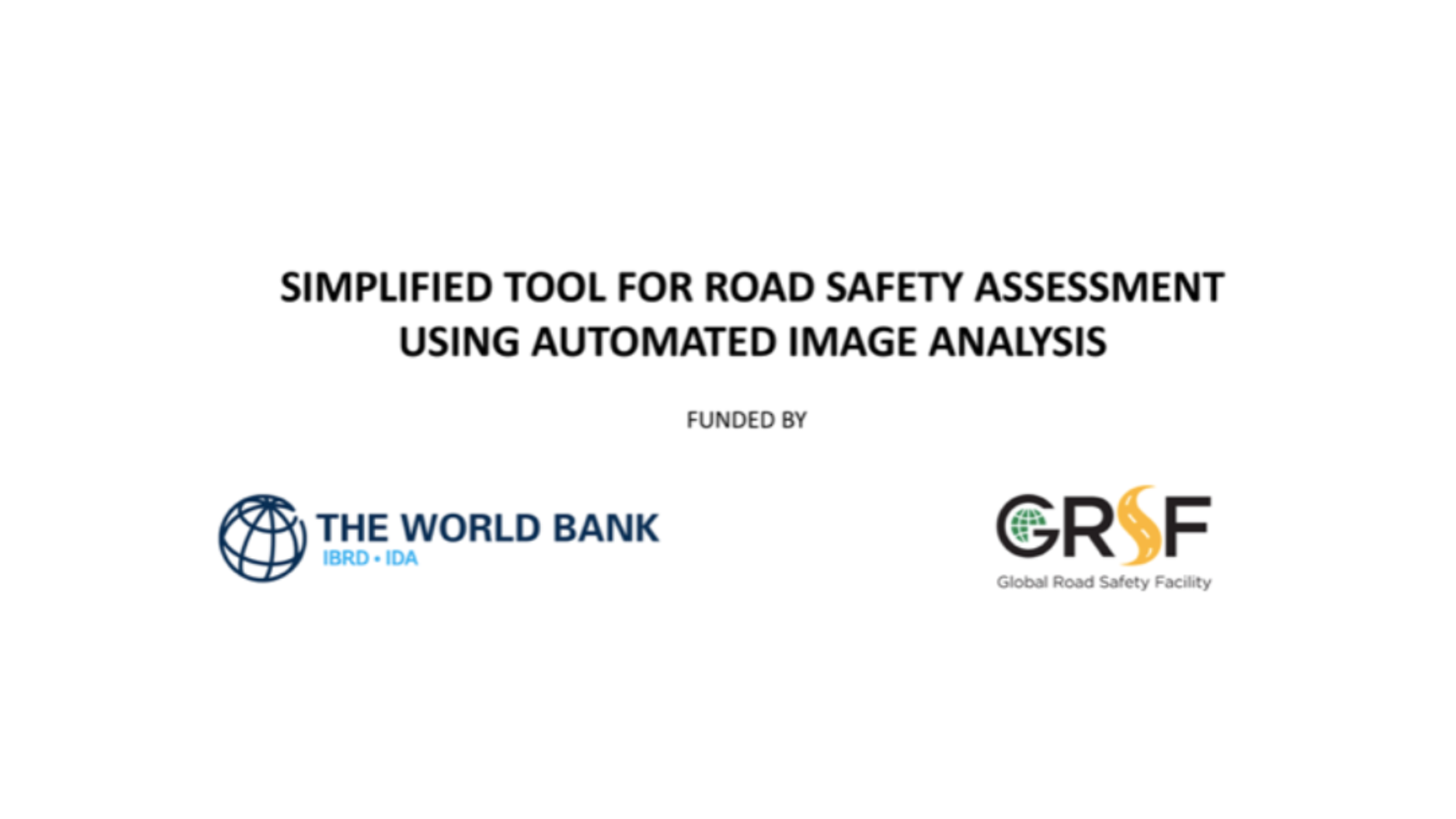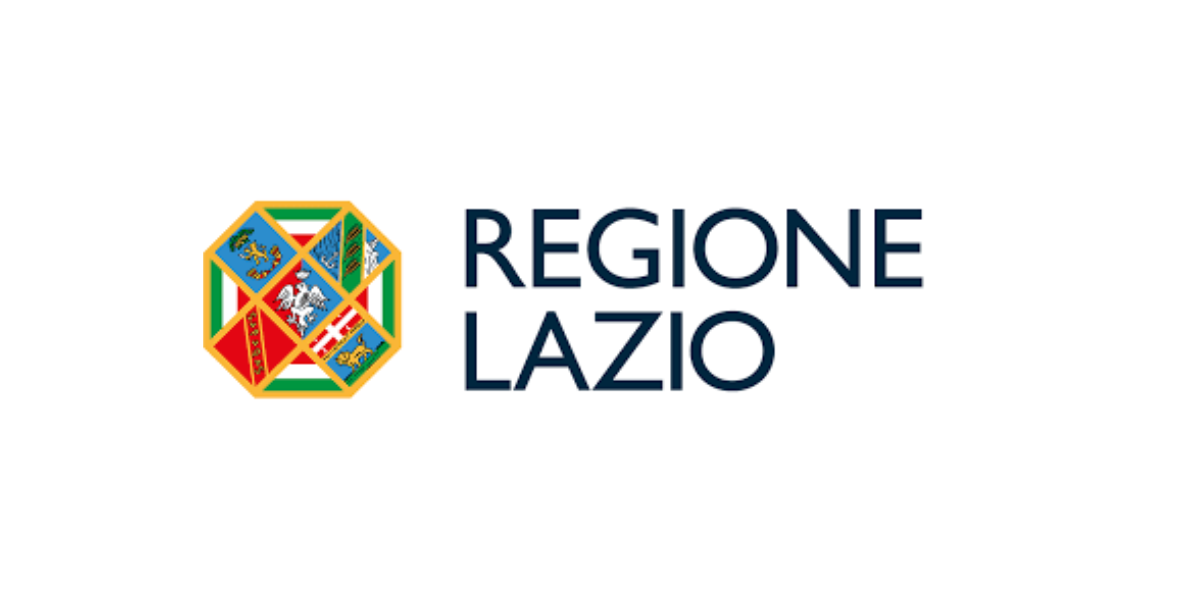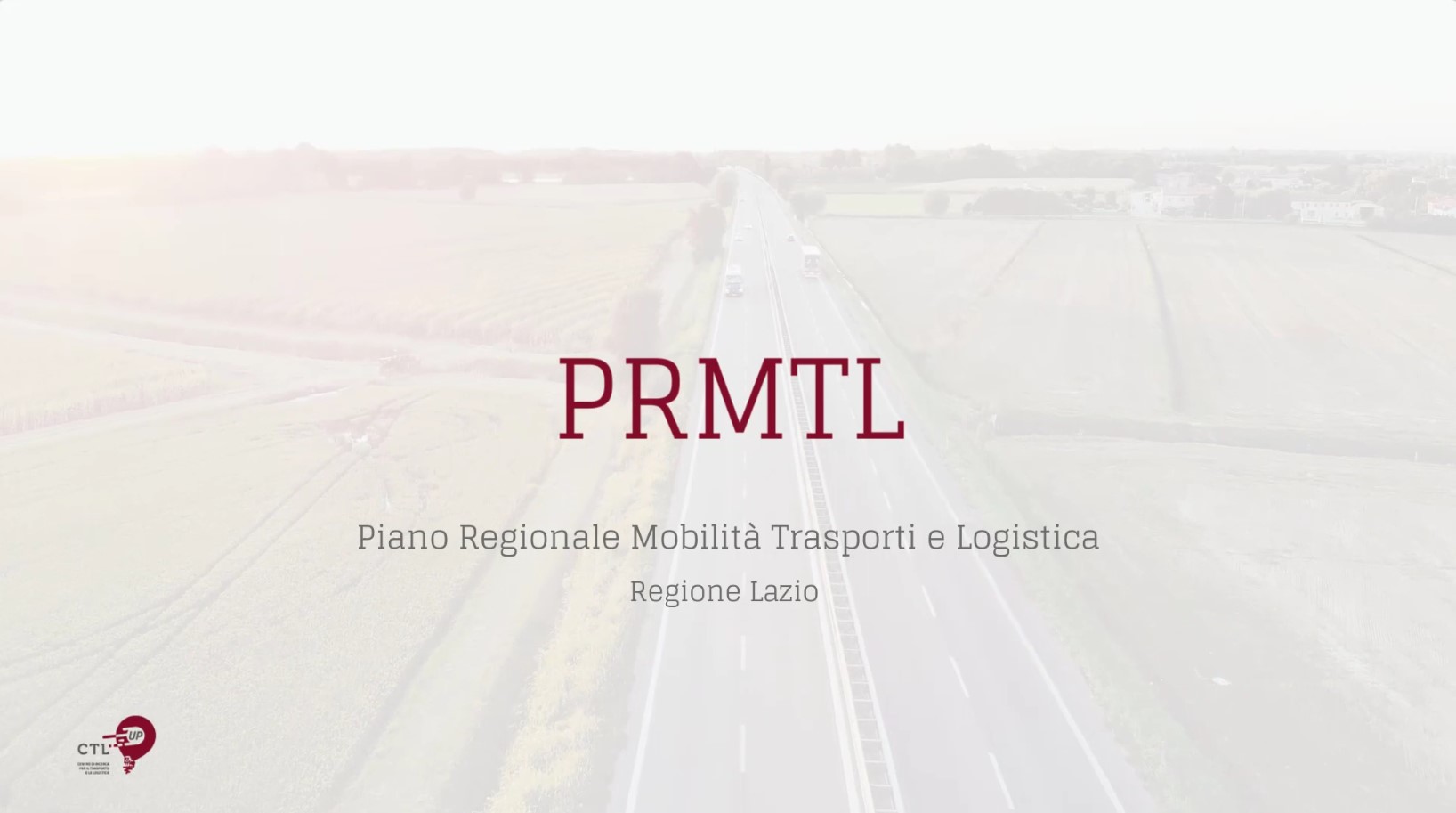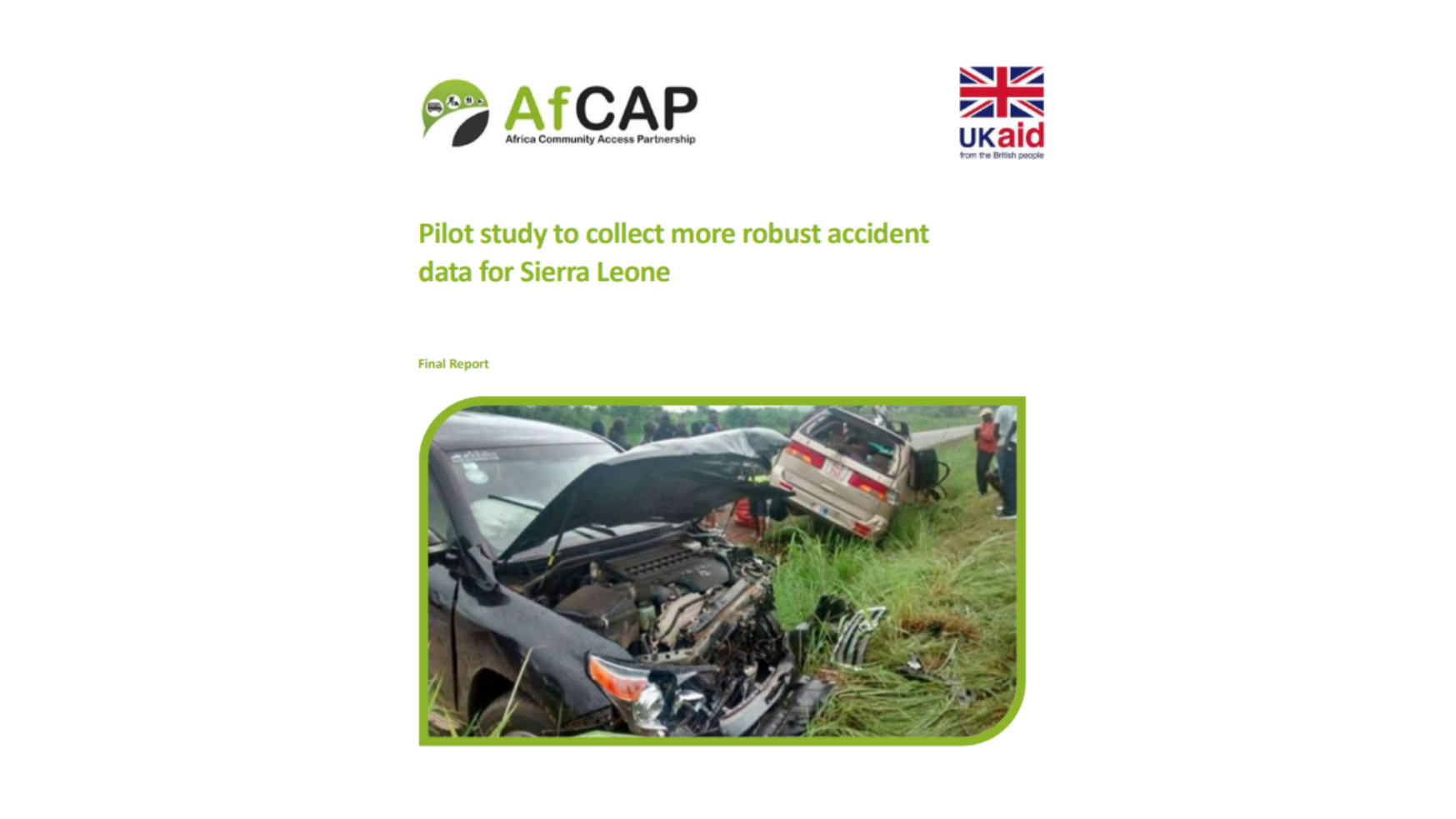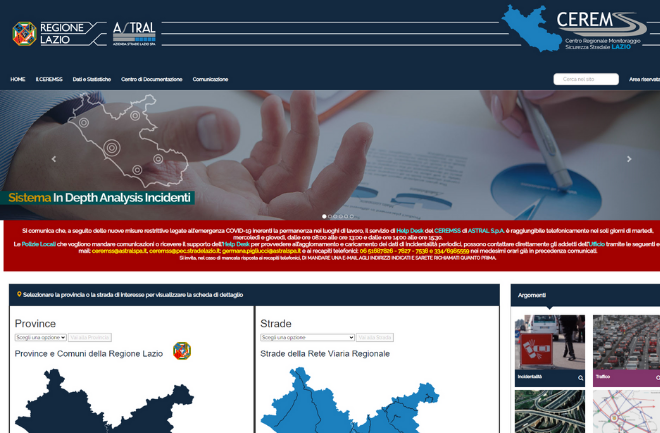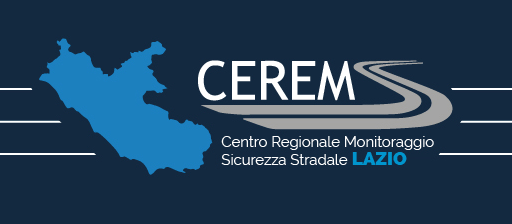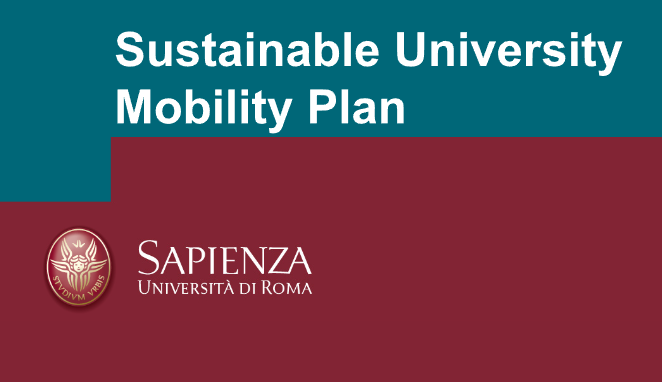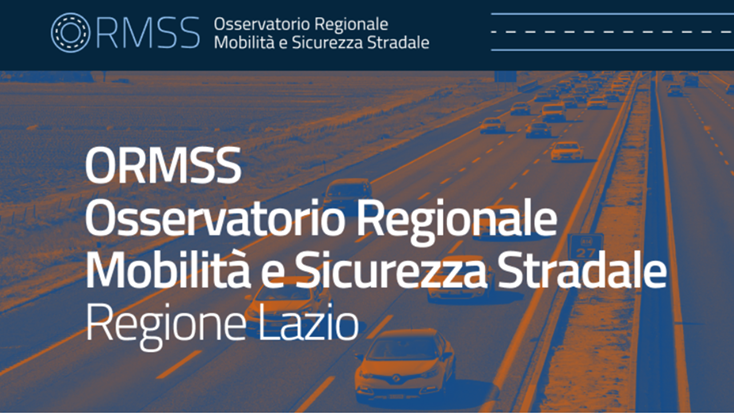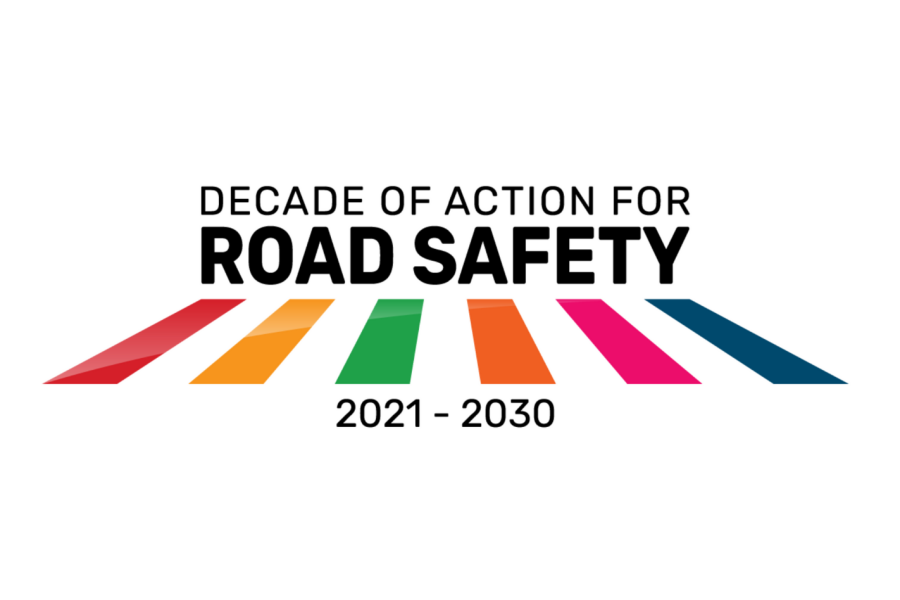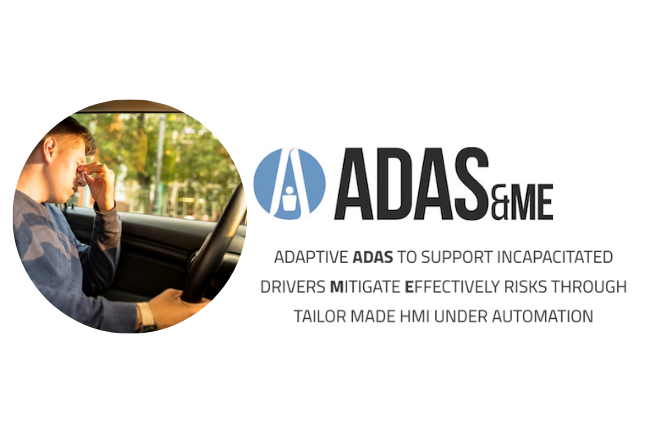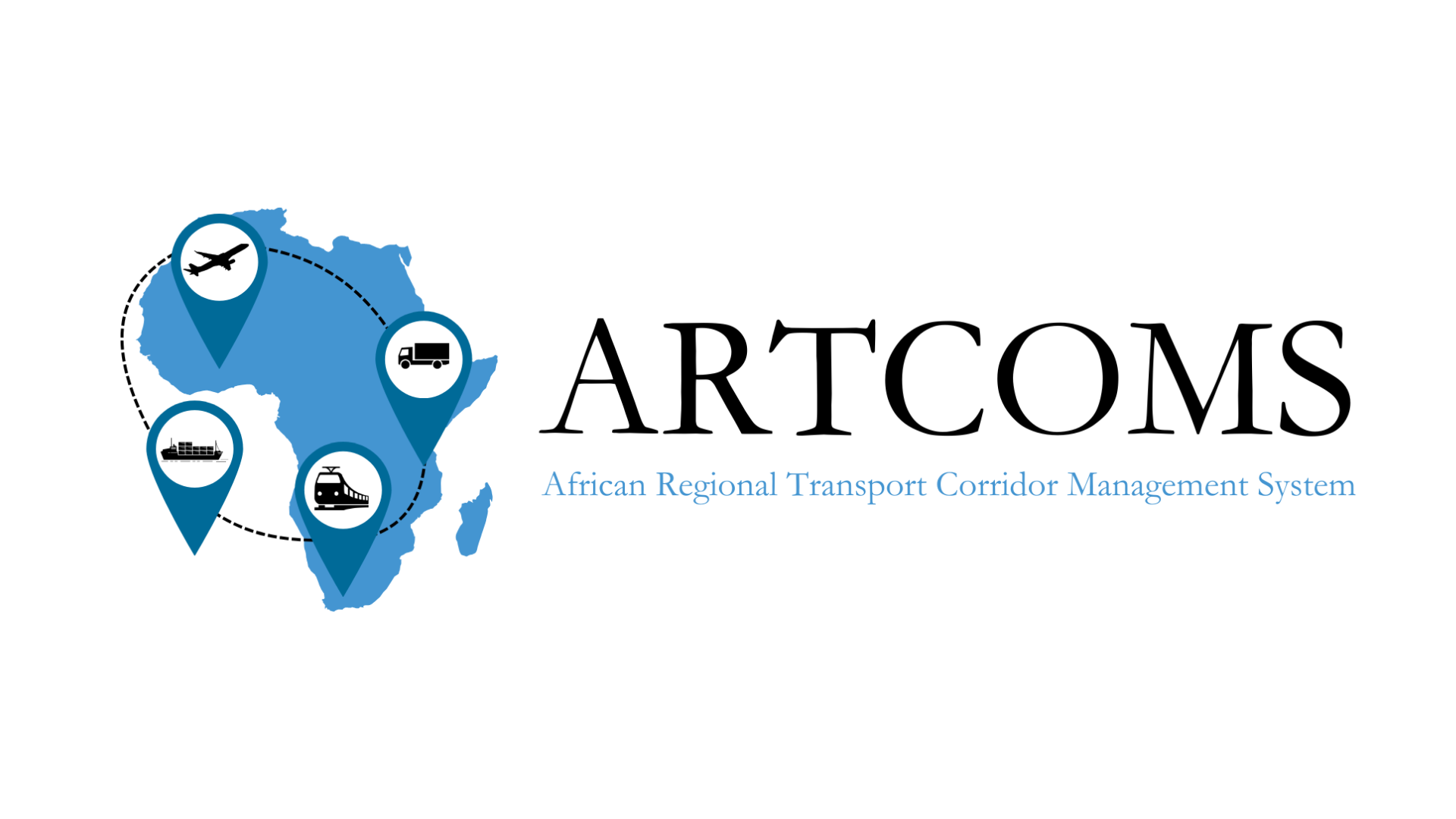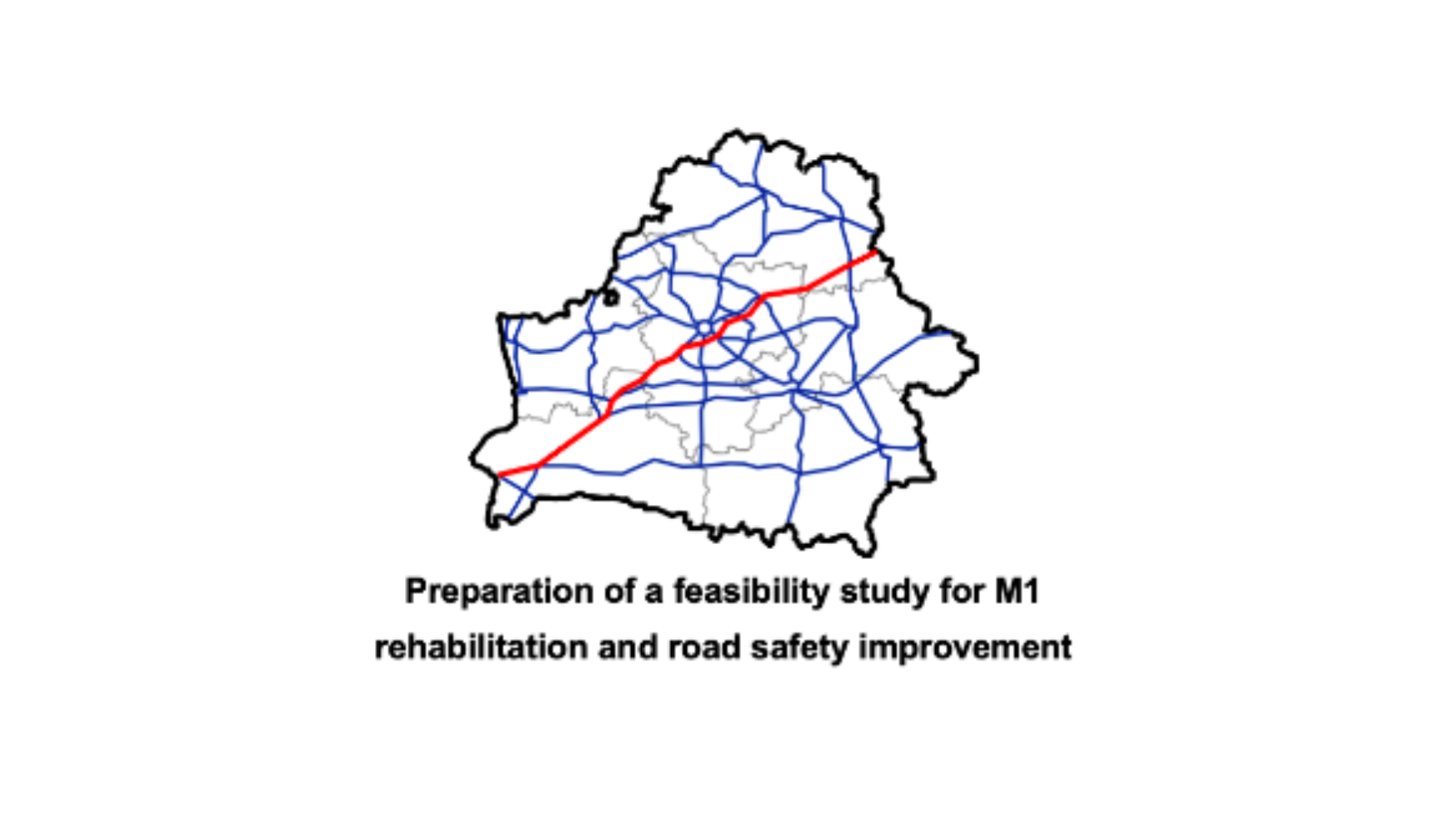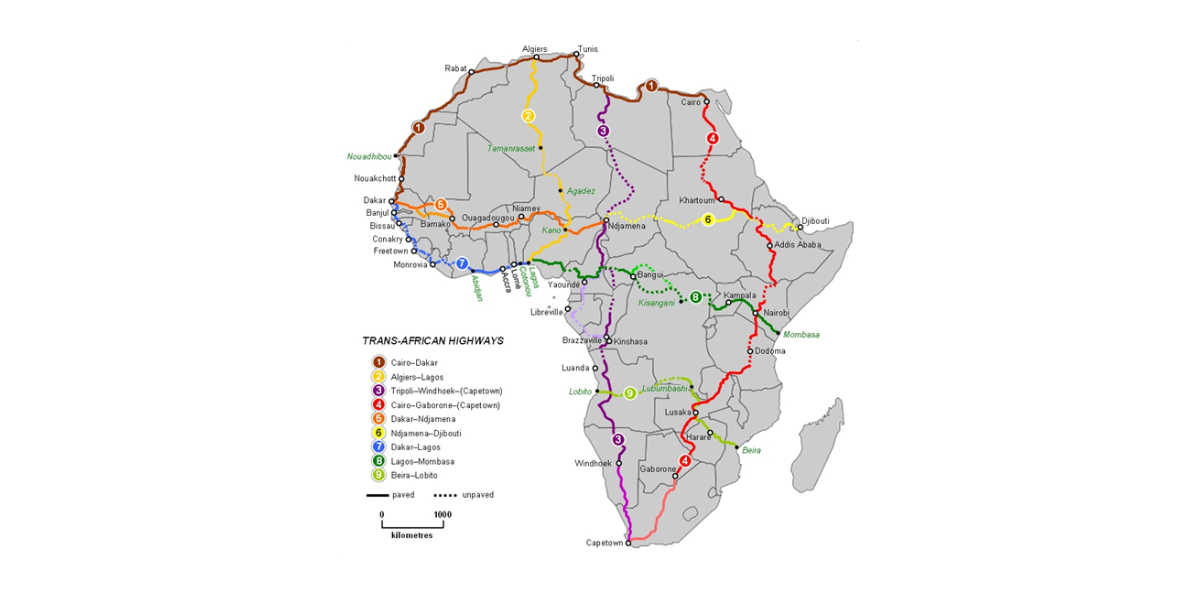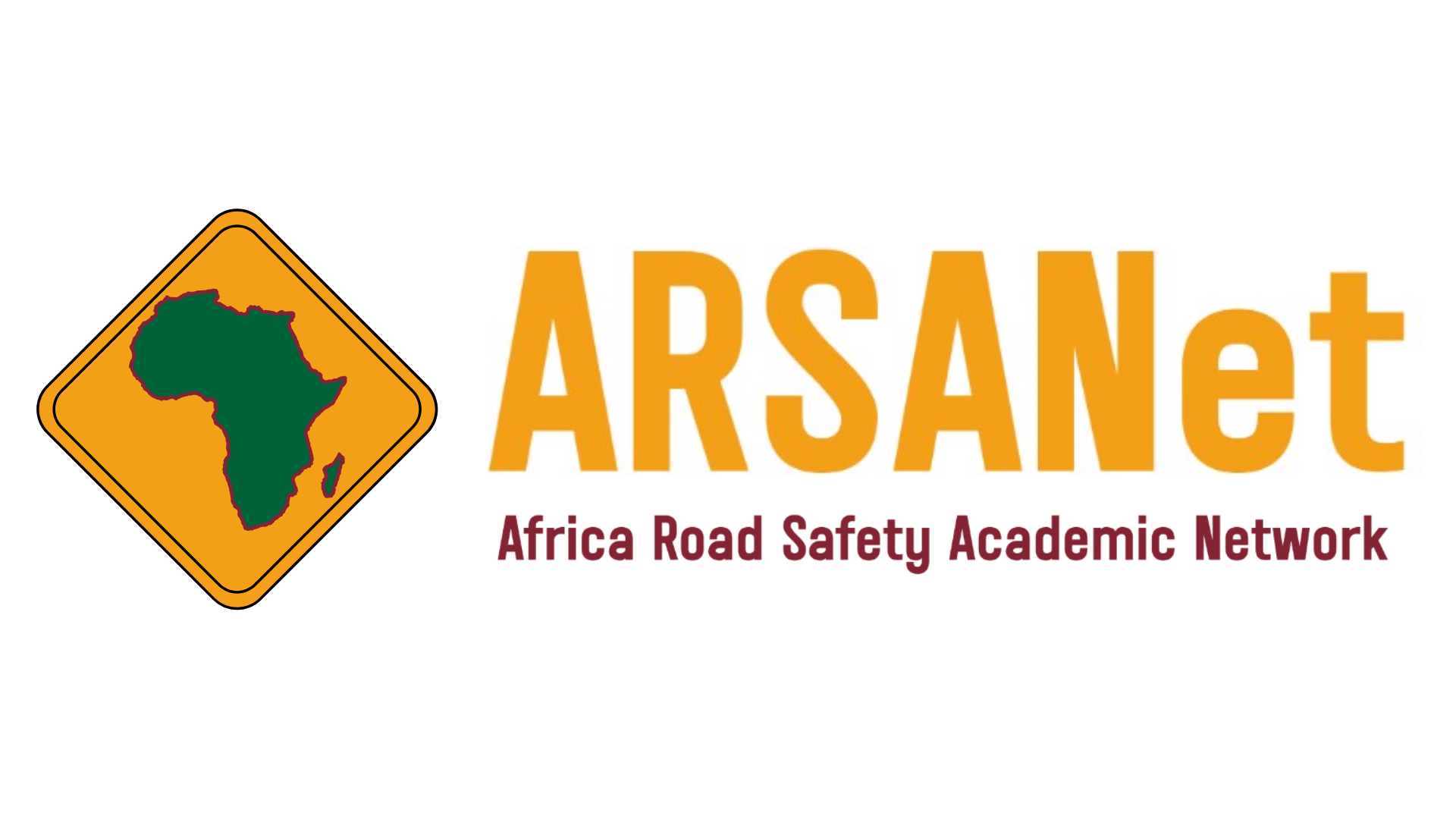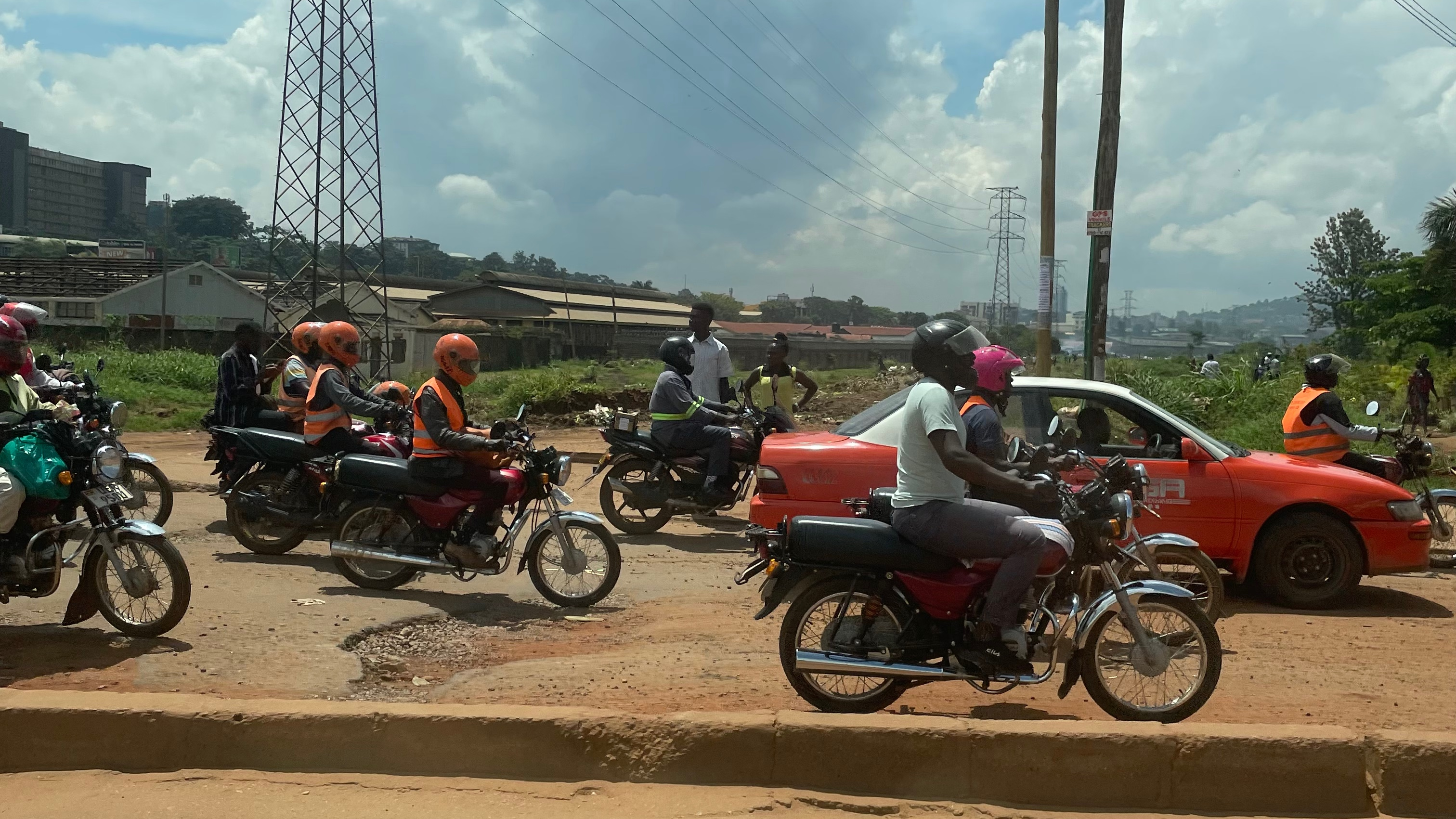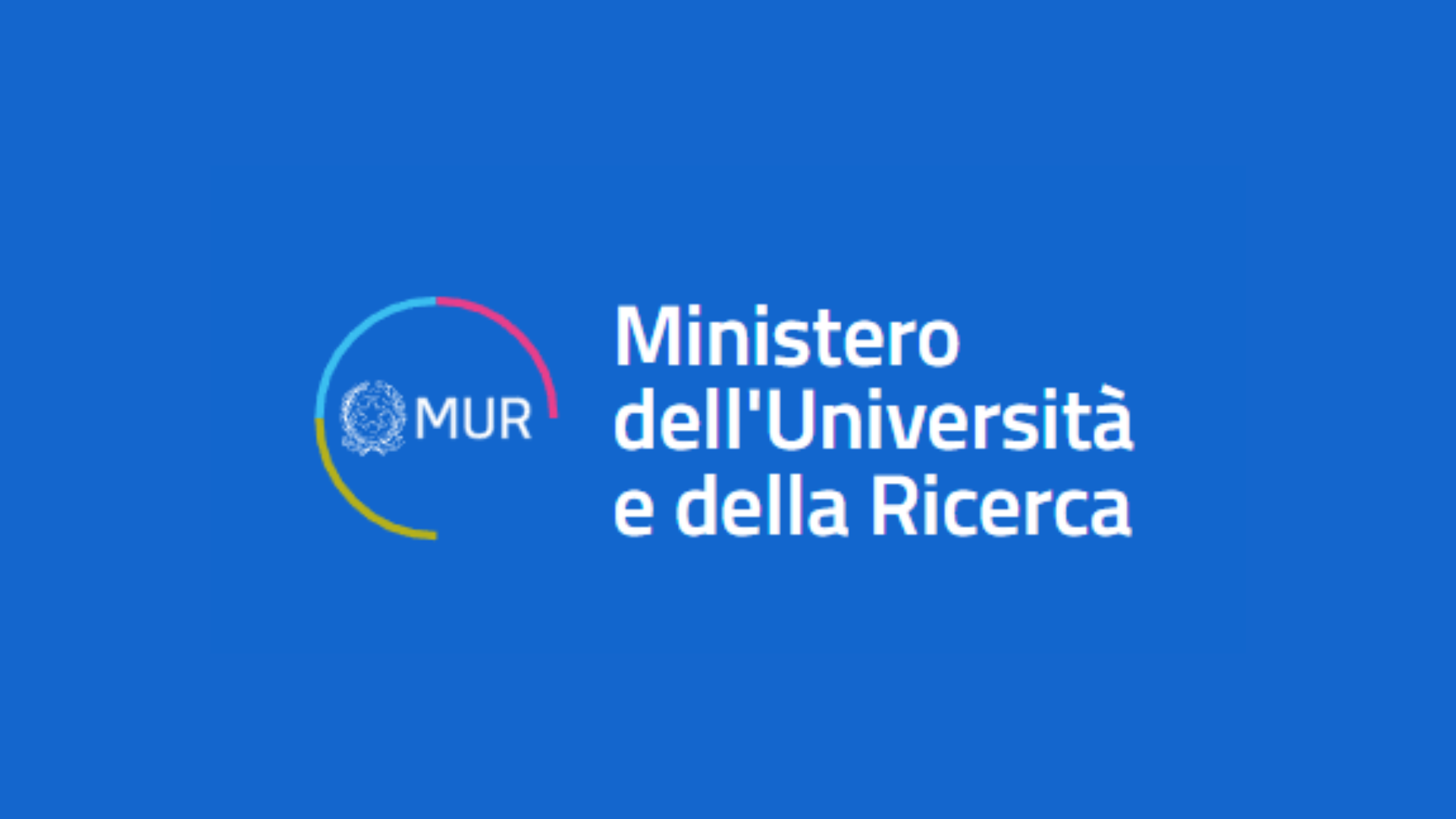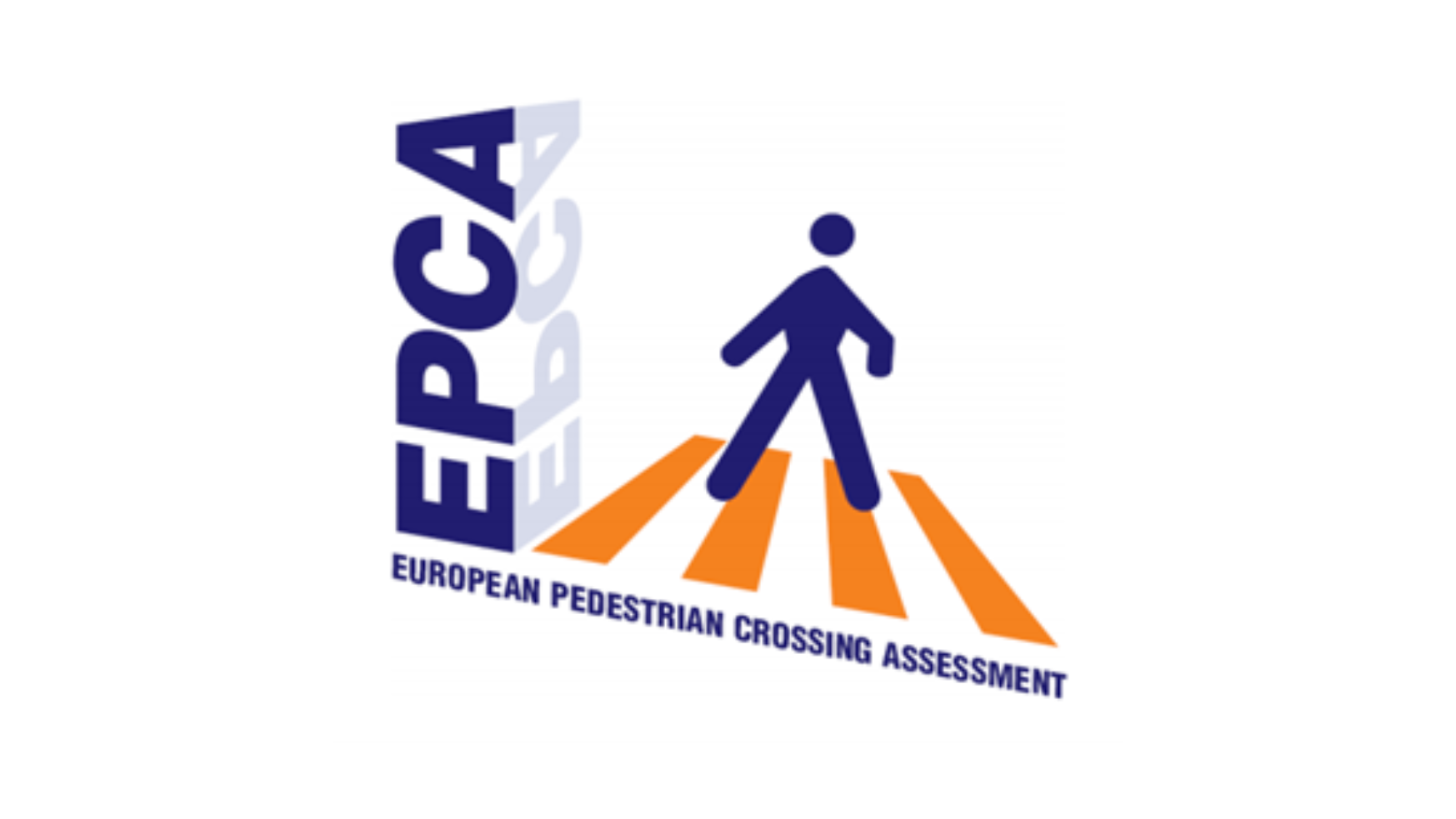The problem
Africa’s ports play a pivotal role in connecting the continent to global trade networks and in facilitating intra-African commerce, particularly within the framework of the African Continental Free Trade Area (AfCFTA). However, port performance varies greatly across the continent, and efficiency gaps hinder trade competitiveness and logistics reliability.
The emergence of digitalization and green technologies is transforming port operations to different extents. Some countries are already developing ports as green hydrogen hubs, serving both export markets and hydrogen-powered vessels. Yet, data on port performance, digital progress, and infrastructure characteristics remains fragmented across multiple sources, complicating analysis and investment planning for institutions such as the African Union Commission (AUC), Regional Economic Communities (RECs), and potential investors.
To address this, the United Nations Economic Commission for Africa (UNECA) is developing a comprehensive digital dashboard on African ports. This web-based platform will offer an integrated and interactive visualization of key information—covering port size, function, performance indicators, and links to transport corridors. Developed by UNECA’s Technology, Innovation, Connectivity, and Infrastructure Development Division (TICID) in collaboration with the ICT Unit, the dashboard will help stakeholders assess efficiency, sustainability, and resilience within Africa’s logistics networks.
The initiative also revisits the role of ports in advancing Africa’s sustainable transformation under AfCFTA, addressing questions such as:
-
Which African ports demonstrate the highest performance, and how do they compare internationally?
-
How does port performance influence trade flows within and beyond Africa?
-
What are the prevailing trends in transport costs and their effects on regional trade?
-
How do transit corridors perform in terms of costs, delays, and connectivity?
Our approach
The study aims to analyze the interlinkages between port performance, transport costs, and trade in Africa, offering evidence-based insights for policy and investment decisions through the following objectives:
- Assess transport costs across Africa, identifying key components and their contribution to overall trade costs.
-
Evaluate port performance on the continent through quantitative and qualitative indicators.
-
Analyze the relationship between port performance, transport costs, and trade, including:
-
Theoretical and empirical linkages between port efficiency and trade flows;
-
Correlations between port performance and transport costs along major corridors;
-
Implications of improved port performance for landlocked countries and regional integration.
-
-
Identify investment priorities in port and corridor infrastructure to enhance efficiency and connectivity.
-
Examine the environmental role of ports, assessing how modernization efforts align with green transitions, renewable energy adoption, and climate resilience.
-
Explore the connection between port performance and the Blue Economy, highlighting opportunities in maritime trade, sustainable shipping, and fisheries.
-
Review sustainable financing models, including blended finance, public–private partnerships (PPPs), green bonds, and climate finance mechanisms to support long-term port development.
To achieve these objectives, our group —working closely with UNECA’s data expert—will:
-
Review the datasets and database developed on ports, transport costs, and trade in Africa;
-
Conduct a comprehensive assessment of transport and trade costs;
-
Analyze relationships between port performance and trade flows;
-
Prepare a detailed report on the interaction between ports, trade, and logistics costs;
-
Examine the environmental and climate-related dimensions of port operations;
-
Assess port performance within the Blue Economy context;
-
Evaluate financing mechanisms for sustainable port and corridor development;
-
Support UNECA in the editing and finalization of project reports and technical outputs.
